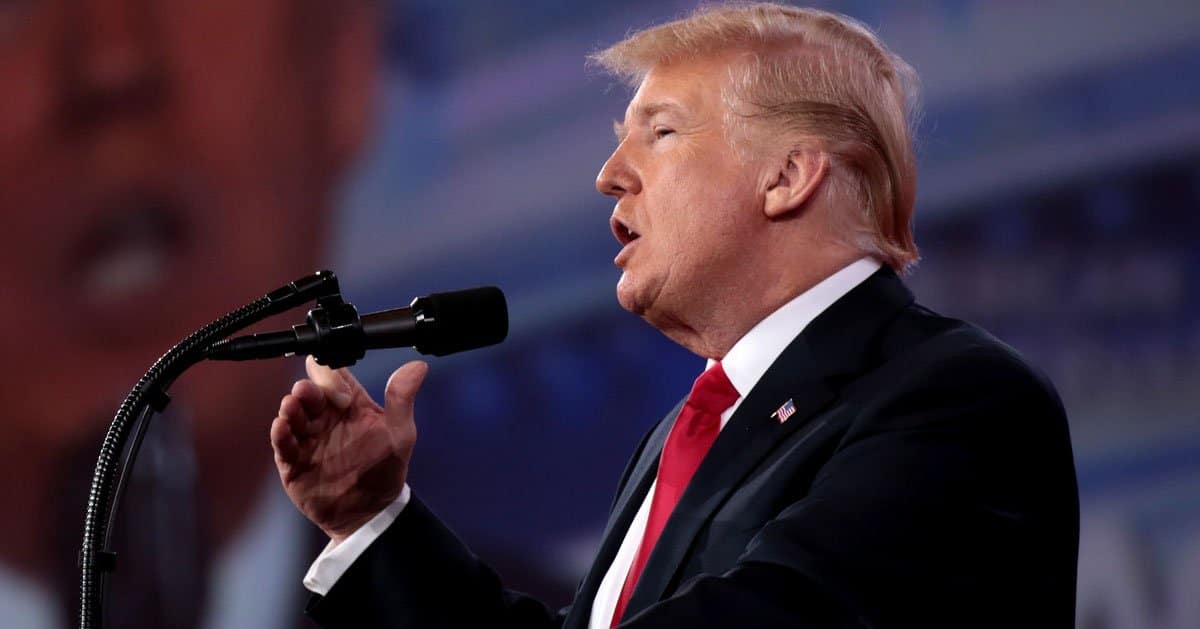






White House deputy chief of staff for policy Stephen Miller and veteran actor Robert De Niro have traded sharp barbs in a public feud that’s as intense as any on-screen drama. This isn’t just a celebrity tiff—it’s a window into the deep divide between Trump administration figures and their outspoken critics.
The clash unfolded over a few days, starting with De Niro’s fiery comments on MSNBC and ending with Miller’s biting retort on Fox News, encapsulating the ongoing tension between these two camps.
It all kicked off on Sunday when De Niro appeared on MSNBC’s “The Weekend” and didn’t hold back his disdain for the current administration. He targeted Stephen Miller, comparing him to a notorious historical figure from the Nazi regime, Joseph Goebbels, and even called him a term synonymous with that dark era. It’s the kind of rhetoric that’s sure to raise eyebrows, especially when aimed at a high-ranking official.
De Niro didn’t stop there, though, alleging that President Donald Trump has intentions to overstay his welcome in office beyond the constitutional limit. “He will not want to leave,” De Niro declared on MSNBC’s “The Weekend,” painting a picture of unchecked ambition. While passion is admirable, such claims stir up fear without evidence, and they risk inflaming an already polarized public.
Fast forward to Wednesday, when Stephen Miller responded on “Hannity” with a verbal takedown that was as sharp as a tack. He didn’t mince words, describing the actor as a shadow of his former self, someone whose relevance has long since faded. It’s a brutal assessment, but one that reflects a frustration with Hollywood elites who seem more focused on political grandstanding than substantive critique.
Miller’s exact words cut deep: “He has not made a movie worth watching in at least 30 years.” That’s a jab not just at De Niro’s career but at his cultural standing, suggesting his opinions carry little weight with everyday Americans. While the critique stings, it’s worth asking if personal attacks on artistic output are the best way to counter political disagreements.
Let’s not forget that De Niro has been a consistent thorn in the side of Donald Trump for years. His criticism isn’t new; it’s practically a second career for the actor, who seems to relish every opportunity to challenge the president’s policies and persona. This history adds context to his latest outburst, though it doesn’t necessarily justify the extreme comparisons he made.
On the flip side, Miller’s response, while pointed, might resonate with those tired of celebrity lectures from the comfort of multimillion-dollar mansions. “He’s a shell of a man, and everyone disregards everything he says,” Miller added on “Hannity.” It’s a dismissal that plays into a broader conservative frustration with what many see as a disconnected, progressive elite.
Yet, there’s a risk in Miller’s approach—dismissing someone outright can alienate those who still value De Niro’s contributions to film and culture. It’s one thing to disagree on policy or even personal conduct, but reducing a person to irrelevance feels like a missed chance for dialogue. After all, even broken clocks are right twice a day.
This feud isn’t just about two men slinging mud; it’s a microcosm of a larger cultural battle. On one side, you have figures like De Niro, who view the Trump administration as a dangerous deviation from American values. On the other, you have defenders like Miller, who see such criticism as overblown and rooted in a biased, out-of-touch worldview.
The imagery surrounding this story—Miller in the Oval Office, De Niro on late-night TV, and Trump speaking at a religious liberty event—paints a vivid contrast. It’s a reminder of the different worlds these players inhabit, from the corridors of power to the spotlight of entertainment. That disconnect fuels much of the animosity we’re witnessing.
So, where does this leave us as observers? De Niro’s harsh words, especially his historical comparisons, seem designed more to shock than to inform, which undercuts any legitimate critique he might have. It’s a classic case of emotion overtaking reason, something conservatives often point to as a flaw in progressive rhetoric.
Miller, meanwhile, has every right to defend himself and his boss, but his personal jabs at De Niro’s career might play better to a cheering crowd than to a thoughtful audience. There’s a fine line between witty comeback and petty insult, and conservatives would do well to stay on the side of substance over spectacle.
At the end of the day, this exchange is less about policy and more about personality, which is a shame. Both sides have valid points to make—whether it’s concern over executive overreach or frustration with Hollywood’s moral posturing—but they’re drowned out by the noise of name-calling. If only we could get a script rewrite for this drama, one that prioritizes ideas over insults.
Until then, this spat between Miller and De Niro serves as a stark reminder of how divided our public discourse has become. It’s not just about left versus right; it’s about whether we can even hear each other over the shouting. Perhaps the real challenge is finding a way to disagree without dismissing the humanity on the other side of the argument.

